SYNergetic design of CATalytic materials for integrated photo- and electrochemical CO2 conversion processes (SYN-CAT)
The objective of the project is to combine photo- and electrochemistry into a photo-electrocatalytic approach to convert CO2 into methanol.






